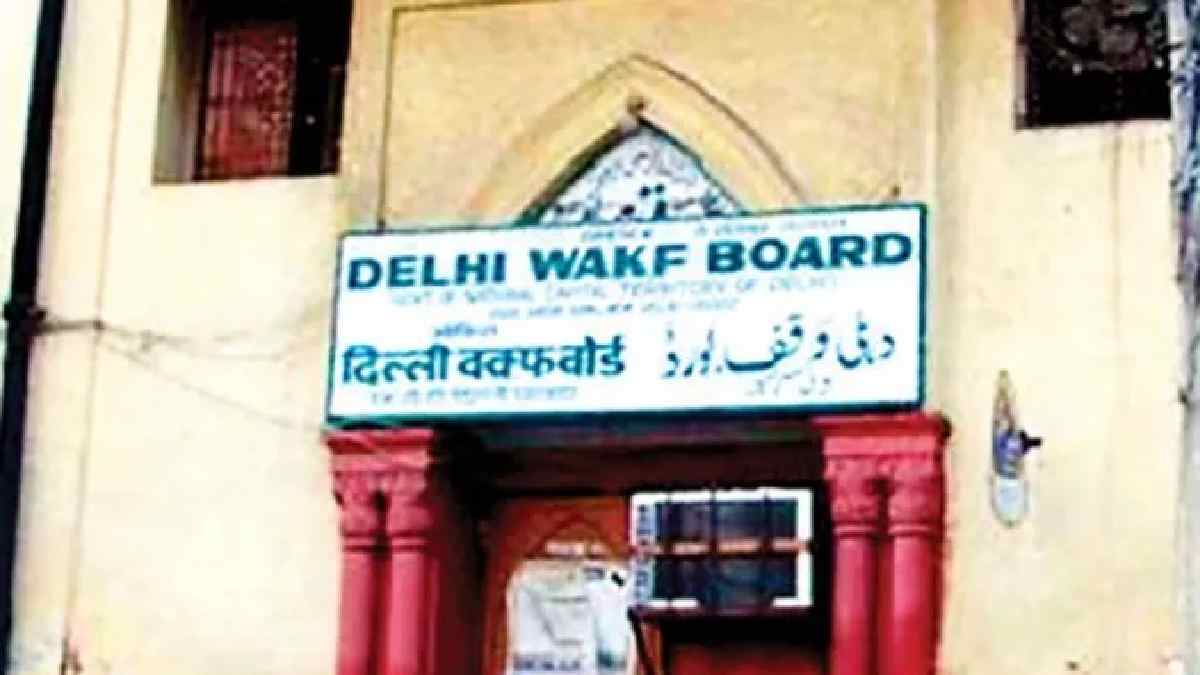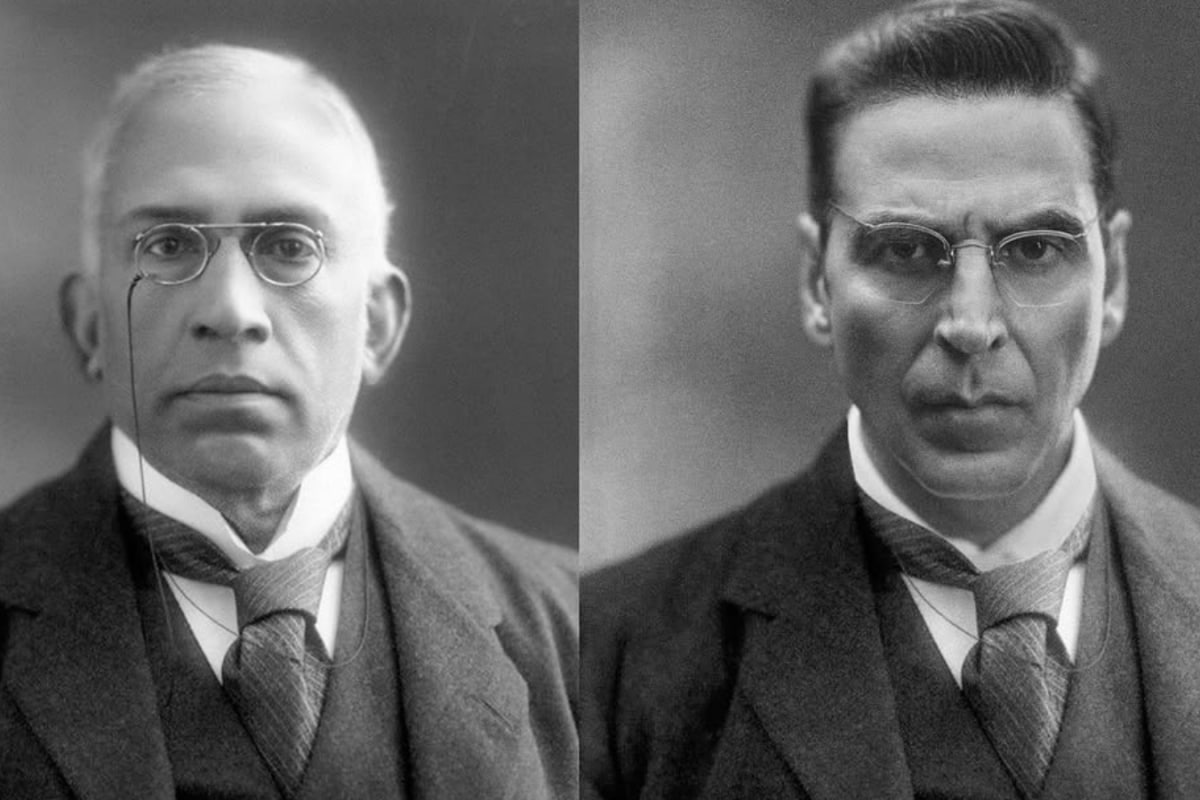The Waqf Amendment Bill was introduced in the Lok Sabha and passed despite opposition protests. It will now be presented in the Rajya Sabha. Let’s take a look at the major changes made in the Waqf Bill.
The Waqf Amendment Bill was presented in Parliament yesterday. The Central Government introduced the bill in the Lok Sabha at 12 PM. Despite protests from Muslim organizations and opposition parties, the bill was passed.

Now, it will be presented in the Rajya Sabha. Let’s look at the key changes the bill brings to the Waqf Boards:Board MembershipBefore: Only Muslim members could be part of the Waqf Board.Now: The new bill mandates that 2 women and 2 non-Muslims must be included in the board.
Property ClaimsBefore: The Waqf Board could claim any property as its own.Now: Before claiming any property, the board must verify that the property actually belongs to the Waqf Board.Government Property StatusBefore: The Waqf Board could claim government-owned property.
Now: Government property will be excluded from Waqf, and the board will not have ownership rights over it.Right to AppealBefore: If someone disagreed with the Waqf Board’s decision, they could only appeal to the Waqf Tribunal, and its decision was final.Now: The decision of the Waqf Tribunal can be challenged in the High Court within 90 days.
Management and MonitoringBefore: There were complaints of misuse of power, with the Waqf Board claiming properties unfairly.Now: All Waqf properties must be registered at the district headquarters for better monitoring.Special Provisions for Certain CommunitiesBefore: The same rules applied to everyone on the Waqf Board.
Now: Separate Waqf Boards will be created for the Bohra and Aga Khani Muslim communities.Waqf Board MembersBefore: The Waqf Board was largely controlled by specific Muslim communities.Now: The board will include members from Shia, Sunni, and backward Muslim communities.
Three MPs in the Central Waqf CouncilBefore: The Central Waqf Council had 3 MPs, all of whom had to be Muslim (2 from Lok Sabha and 1 from Rajya Sabha).Now: The Central Government can appoint 3 MPs to the Central Waqf Council, and they don’t have to be Muslim.These changes aim to make the management of Waqf properties more transparent and inclusive.
Also Read: What Will Change After The Waqf Bill Is Passed? 8 Key Differences Between The Old And New BillsThe post What Will Change After The Waqf Bill Is Passed? 8 Key Differences Between The Old And New Bills appeared first on News24..
Top

What Will Change After The Waqf Bill Is Passed? 8 Key Differences Between The Old And New Bills

The Waqf Amendment Bill was presented in Parliament yesterday. The Central Government introduced the bill in the Lok Sabha at 12 PMThe post What Will Change After The Waqf Bill Is Passed? 8 Key Differences Between The Old And New Bills appeared first on News24.











